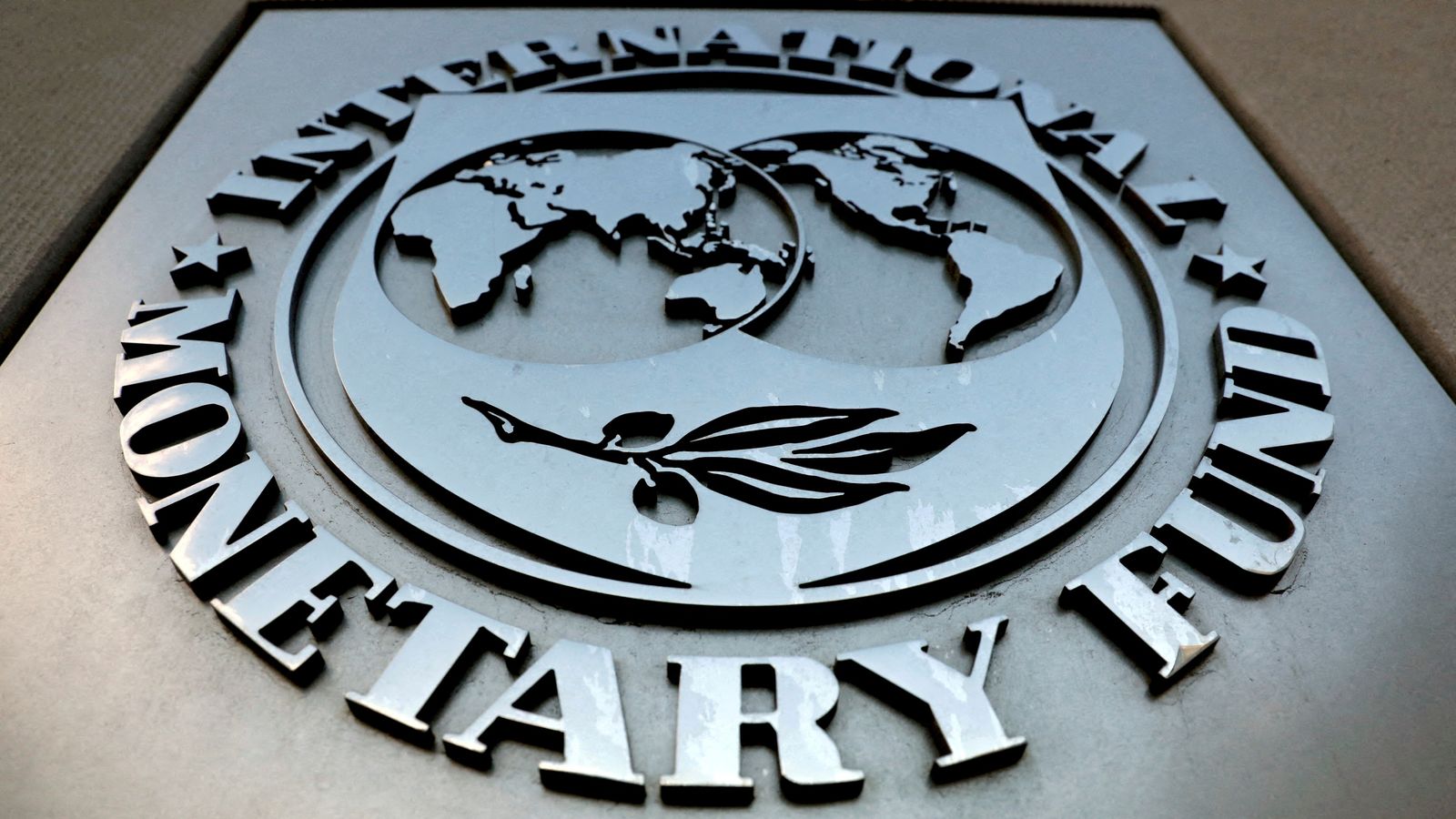Britain is bringing in travel restrictions for six African countries due to a new COVID variant that UK experts have called the “worst one we’ve seen so far”.
Health Secretary Sajid Javid tweeted: “UKHSA (UK Health Security Agency) is investigating a new variant. More data is needed but we’re taking precautions now.
“Six African countries will be added to the red list, flights will be temporarily banned, and UK travellers must quarantine.”
Mr Javid said the new B.1.1.529 variant identified in South Africa “may be more transmissible” than the Delta strain – and warned “the vaccines that we currently have may be less effective”.
The UKHSA says it is the “worst one we’ve seen so far” and has a spike protein that is “dramatically” different to the original COVID strain.
The variant also has 30 mutations – twice as many as the Delta variant – and these mutations are likely to evade the immune response generated by prior infection and vaccination.
But the good news is that B.1.1.529 can be detected with a normal PCR test.
Flights from South Africa, Namibia, Lesotho, Botswana, Eswatini and Zimbabwe will be suspended from 12pm on Friday – and after 4am on Sunday, new arrivals in the UK will be required to quarantine in hotels.
No cases of this variant have been reported so far in the UK, and anyone who has travelled from one of these countries in the past 10 days is now being invited to come forward for a test.
About 500 to 700 people are travelling to the UK from South Africa each day at the moment, but it is expected this figure could increase in the run up to Christmas.
Tom Peacock, a virologist at Imperial College London, described the mutations as “really awful” but said cases were currently “super low”.
Spike proteins are what viruses use to get into human cells, and some vaccines work by training the body to recognise the spikes and neutralise them.
Mutations on the spike could therefore potentially prove problematic.
But with only a handful of recorded cases – three in Botswana, around 53 in South Africa and one in Hong Kong from someone who had travelled from South Africa – scientists are hopeful it can be contained.
Francois Balloux, professor of computational systems biology at University College London, said it should be closely monitored but “there is no reason to get overly concerned, unless it starts going up in frequency in the near future”.
In South Africa, the coronavirus variant has spread rapidly among young people in Gauteng, the country’s most populous province.
“Over the last four or five days, there has been more of an exponential rise,” South Africa’s health minister Joe Phaahla said.
Until recently, the country had been reporting about 200 confirmed cases per day – but this has rapidly increased over the past week, hitting 2,465 on Thursday.
Scientists from seven South African universities are now studying the variant, and are trying to determine how many of these new cases are linked to it.
Ravindra Gupta, professor of clinical microbiology at the University of Cambridge, has warned “there is a high probability” that many of the new cases in South Africa are linked to the new variant.
World Health Organisation experts are meeting on Friday to assess the variant, which on Wednesday was classed a variant under monitoring.
If it is upgraded to a variant of concern, it could be given a name from the Greek alphabet – and would likely be referred to as Nu.
However, it could also be classed as a less serious variant of interest, indicating it has characteristics that may affect factors such as transmissibility and disease severity.
It could take weeks to generate all the information needed about this variant’s characteristics.











